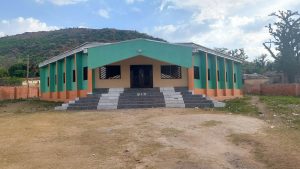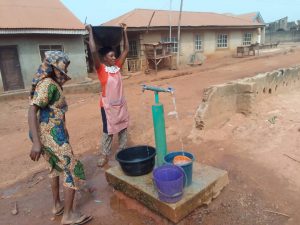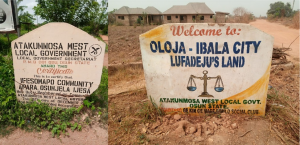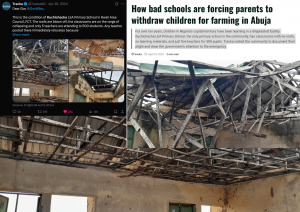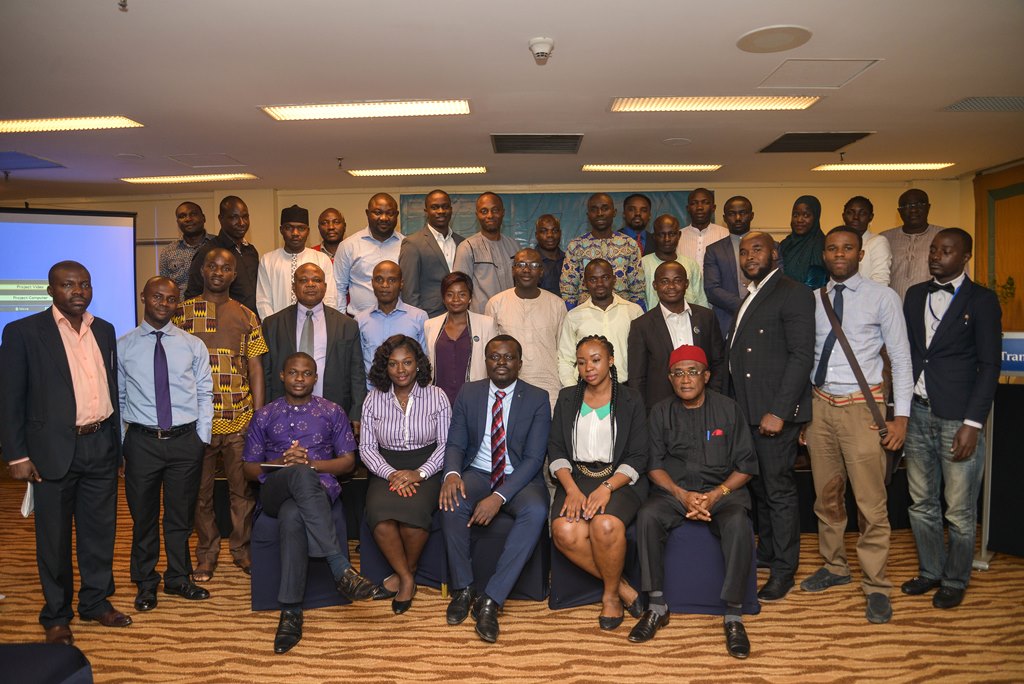
First Session: 2016 Budget Review and Monitoring
BudgIT, with support from the Open Society Initiative of West Africa, OSIWA, organised a workshop with the civil society organisations, public agencies and other stakeholders to launch reports on the 2016 Budget ( Review and Monitoring) and 2015 Constituency project report scorecard on 16 focus states.
The event was held at the Transcorp Hilton Hotel, Abuja on the 14th of June 2016. In attendance were 51 participants from Lagos, Abuja, Kaduna, and Kano. Amongst the participants were the Minister of State for Budget and National Planning, Zainab Ahmed who was the keynote speaker at the event; the DG for Budget Planning, Mr. Ben Akabueze; the DG for Bureau of Public Procurement, Engr Ahmed Abdu; Representative for Open Society of West Africa, Joseph Amenaghawon, Chairman committee for Appropriation House of Representative, Hon Abdulmumin Jubril and Civil Societies.
 Participant at the Event
Participant at the Event
The workshop started at exactly 10am, with opening remark by the Lead Partner BudgIT, Oluseun Onigbinde. Oluseun gave a brief highlight on the 2016 budget, what BudgIT has achieved over the past 4 years of existence, and how civil societies can contribute to tracking the implementation of the capital projects in the 2016 budget. He also hinted that literacy around public finance is a common challenge faced by Nigerians, and restated BudgIT’s determination to address this using tech and in simplified graphics.
 Oluseun Onigbinde, Lead Partner BudgIT
Oluseun Onigbinde, Lead Partner BudgIT
OSIWA Project coordinator in Nigeria, Joseph Amenaghawon gave a brief speech about the partnership between OSIWA and BudgIT Nigeria over the years, and the collective efforts to promote transparency, accountability and enhance good governance.
 Joseph Amenaghawon, OSIWA Project coordinator in Nigeria.
Joseph Amenaghawon, OSIWA Project coordinator in Nigeria.
The Honorable Minister of state for Budget and National Planning, Mrs Zainab Ahmed stated that the 2016 budget is in its spending phase and urges individual and civil society organisations to effectively monitor projects implementation. She stated that the 2016 budget was prepared based on the Zero Based Budgeting template; the first in the history of Nigerian budgeting. In her presentation, she noted that the Federal government personnel expenditure is expected to go down as the audit of integrated Payroll and Personnel Information System (IPPIS) progress and every effort will be made to ensure all MDAs are covered under the IPPIS system in 2016.
 Hon Zainab Ahmed, Minister of State for Budget and National
Hon Zainab Ahmed, Minister of State for Budget and National
Planning.
The Honourable Minister called for the support of the CSO with focus on budget monitoring and evaluation to conduct private tracking of the projects in the 2016 budget. The Minister revealed N280 billion has been released to the MDAs for the execution of certain capital projects in the agriculture, power, education and health sectors as captured in the 2016 budget.
The Director General for Bureau of Public Procurement, Engr Ahmed Abdu, also weighed in on the 2016 budget, stating the partial implementation of projects is owing to the lack of technical skills and implied the the Bureau engages in the periodic training of permanent secretaries, the most recent activity occurred in March 2016. Engineer Abdu stated that the Federal Government is currently working on the implementation of e-procurement system which is expected to save the nation about N48 billion in procurement in 2016. According to him, the bureau believes in on open competitive bidding system in awarding contracts to tackle contract inflation and block conduits for corruption.

Engr Ahmed Abdu,DG for Bureau of Public Procurement
The event continued with a panel discussion with the Honorable Minister Zainab Ahmed, Director General for Bureau of Public Procurement and the Director General of Budget Office and the session was moderated by BudgIT’s lead partner, Oluseun Onigbinde. The audience were eager to ask questions and suggest ideas to guide the budget implementation processes.Many participants commented on the poor information channel and method of the Budget Office and urged the Ministry to proactively disclose information via its public domain.
 The panel session
The panel session
Second Session: Launch of the 2015 Constituency Projects Report
The second session commenced at 2pm immediately after the lunch break. Tracka’s Project Manager, Abiola Sosami (Mrs.) welcomed the participants back to the occasion and shared highlights of the 2015 constituency projects report. According to her, the focus of the report was based on 16 selected states across the country, where Field Officers worked to observe the state of capital projects there in. Abiola highlighted the common challenges contained in the report and suggested some recommendations to members of the National Assembly.
Honourable Abdulmumin Jubril, Chairman, Committee on Appropriation in National Assembly sighted his experience with constituency projects and their roles as overseers. According to him, the overhead cost in the budget is grossly inadequate and the level of budget performance should be made open to measure the level of project implementation. He also stated that although the release of funds in the new budget has commenced, funds utilisation was yet to fully kickoff . He highlighted that one of the major challenges in the execution of constituency projects is inadequate funding, ‘Constituency project allocation is a competition among representatives’ he said.
 Hon Abdulmumin Jubril, Chairman, Committee on Appropriation in National Assembly.
Hon Abdulmumin Jubril, Chairman, Committee on Appropriation in National Assembly.
The event rounded up with a Q&A session, participants asked the Honourable several questions based on the highlights of the report, some of them were on the lack of transparency around the budget of the National Assembly and when the 2016 budget would be made open as promised by the Senate president, Bukola Saraki. He did not clearly state when the National Assembly 2016 Budget will be made available to the public but indicated the allocation is justified given the number of workers in the National Assembly, the offices and the maintenance of the building.

